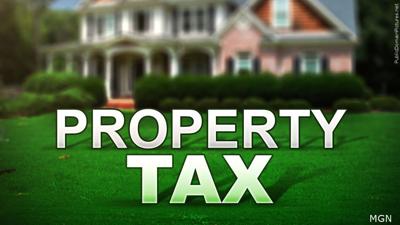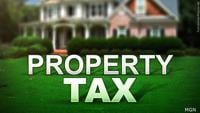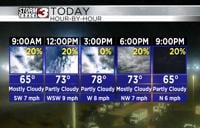SPRINGFIELD, Ill. (WREX) � A new law in Illinois aims to bring hundreds of dollars of property tax burdens on the state's residents.
, acts to streamline property tax relief for seniors, veterans, and persons with disabilities while also encouraging local taxing districts to lower their levy rate.
Illinois Gov. J.B. Pritzker signed the bill into law Friday, saying it opens the door for hundreds of dollars in individual property tax savings per year.
"Over the past twenty years, property taxes have skyrocketed at a rate far surpassing the increase in home values. For veterans, disabled Illinoisans, and our seniors, that can mean having to choose between basic needs—like healthcare—and losing their homes," Pritzker said. "That’s unacceptable—and needs to change."
The legislation increases the general homestead exemption and senior citizens homestead exemption. For tax levy year 2023, the counties bordering Cook County are given an $8,000 homestead exemption, while all other counties in the state will have a maximum exemption of $6,000.
The maximum senior homestead exemption for the collar counties around Cook County will rise from $5,000 to $8,000, the same as Cook County's maximum exemption. All other counties will have a maximum senior homestead exemption of $5,000.
SB 1975 also makes all seniors who receive SNAP or LIHEAP benefits automatically qualify for the senior freeze and decreases the Senior Citizen Real Estate Tax Deferral program interest rate from 6% to 3%.
Those who receive the Veterans with Disabilities Exemption will have their exemptions auto-renewed if the qualifying veteran is deemed permanently and totally disabled by the Department of Veterans Affairs.
The bill also provides for the surviving spouse of a deceased veteran to continue to receive the exemption earned and applied for by the veteran.
The legislation also allows taxing districts subject to the Property Tax Extension Law Limit, or PTELL, to levy less now without losing access to additional revenues in the future.
The Governor's office says it incentivizes the districts to opt for the lowest necessary rate, saving taxpayers hundreds of dollars annually.
The law goes into effect immediately.














